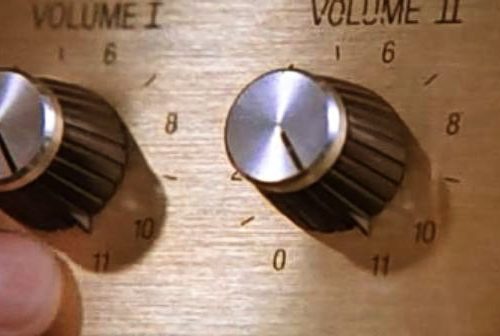Leadership impact happens when you maximize your time, energy and focus on areas that matter the most, and minimize your time on lesser concerns.
This is core leadership, versus peripheral leadership.
I recently spoke with a leader who was dealing with a major crisis in his organization. But as he talked about what he was working on, I was shocked to hear him describe his attention on matters that were completely irrelevant to the crisis.
When he asked for my opinion, I stated, “It feels like you’re trying to prevent a plane from crashing, but instead of focusing on saving the plane, you’re trying to decide if you’re going to order the fish or the chicken for dinner.”
He was stuck in the periphery.
In leadership, there is always a pull towards the periphery; to where impact is minimal, even trivial.
How do you keep the main thing the main thing? Here are three strategies that can help you keep your focus on core leadership…
1. Recognize the signs of peripheral leadership
Leadership on the periphery involves such low-stakes activities as,
- Writing reports
- Organizing and re-organizing
- Exchanging pleasantries
Each of these duties has their place in the life of a leader. But don’t be fooled into thinking that impactful results can be produced here. Effective leaders will move in and out of the periphery as quickly as possible.
2. Resist the seduction of peripheral leadership
Here’s the reality.
Peripheral leadership feels good. It can occupy a leader’s time in a way that feels productive and at the same time non-threatening.
Sometimes after a season of leadership ‘heavy lifting’ such dynamics can feel exceedingly attractive, causing someone to linger a bit too long.
But having recognized the tell-tale signs that you might be stuck in the quagmire of peripheral matters, resist the lure to remain any longer than necessary.
3. Plunge headlong into the high-stakes world of core leadership issues
-
If you’re finding the conversations are leading towards decisive action, you’re moving towards the core.
-
If the decisions carry a bit more risk, you’re moving towards the core.
-
If the outcomes align with your goals, you’re moving towards the core.
Keep moving in that direction.
Some time spent in the periphery is inevitable. But as quickly as possible start heading back towards the core.
That’s where the impact happens.




